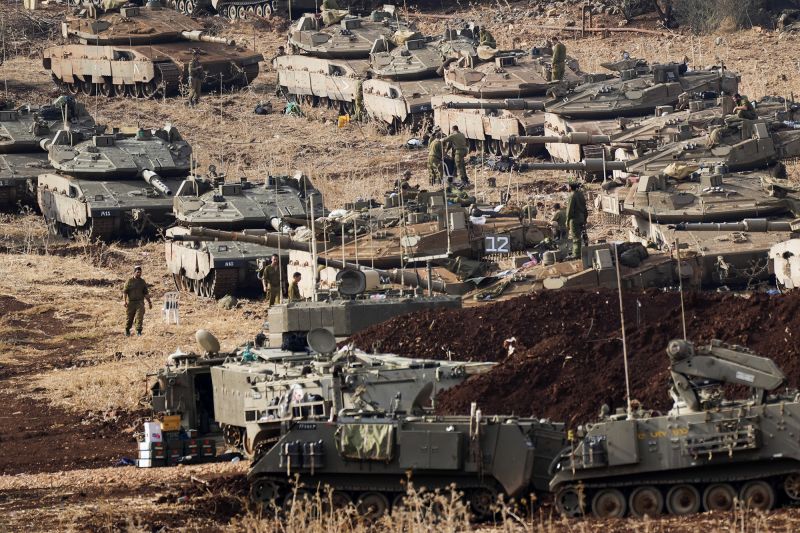Understanding the Dynamics: Hezbollah’s Weakening Hold
The geopolitical landscape in the Middle East has always been enigmatic, complicated by the crosshairs of politics, religion, and armed conflict. One of the key actors in this landscape has been Hezbollah, the Shia Islamist political and militant group based in Lebanon. The organization has long been in a perpetual confrontational stance with its southern neighbor, Israel. As notable signs of Hezbollah’s weakening strength emerge, the issue at the forefront is Israel’s challenge of discerning when to exercise restraint, versus continue exerting military and diplomatic pressure.
Emergence of Hezbollah’s Weakened Stance
The weakening of Hezbollah can be traced to multiple sources, primarily stemming from an interrelated series of internal and external pressures. Internally, the organization is facing increased dissent among its rank and file, alongside the general population. An economic collapse has plagued Lebanon, leading to a decline in living standards and an uphill battle for Hezbollah to maintain its support base.
Externally, the organization is grappling with the military and economic pressures from Israel and its allies. Alongside this, the situation in Syria, where Hezbollah has been actively engaged as a part of pro-Assad forces, is beginning to show signs of sustained strain on the organization. The withdrawal of US troops from Afghanistan, and continuing tensions between Iran and the West, also complicate Hezbollah’s strategic considerations.
Israel’s Challenge in Dealing with a Weakened Hezbollah
The unfolding situation throws forth a challenge for Israel – recognizing when to draw back its offensives and coercive diplomacy against Hezbollah. Interestingly, this decision becomes more nuanced in the face of a weakened adversary. The caution for Israel comes from multiple fronts: the need to avoid a flagging Hezbollah launching a desperate offensive, refraining from pushing the organization into the lap of a potentially more dangerous ally, and preventing a power vacuum that could bring in even more volatile players to the region.
Additionally, the fragile internal politics of Lebanon also need to be taken into consideration. Israel must evade creating a situation that leads to an even larger humanitarian crisis or political instability, which only serves to fuel resentment towards Israel and strengthen support for Hezbollah or its successors.
Strategic Implications
Israel’s challenge of timing its pullback correctly extends beyond just Hezbollah and the immediate region. The decision will set precedence for Israel’s future confrontations, not just in the Middle East, but also with global superpowers and international organizations. Israel’s handling of a weakened Hezbollah also sends a message about its strategic acumen and restraint, two qualities essential for a nation that often finds itself in a precarious geopolitical position.
In conclusion, the current weakening of Hezbollah throws up a strategic decision for Israel – when to pull back. This decision, although precipitated by complications inherent in the landscape of the Middle East, has far-reaching global implications. Ultimately, Israel’s handling of this period of Hezbollah’s decline will be a litmus test of its strategic capability and diplomatic prudence.




